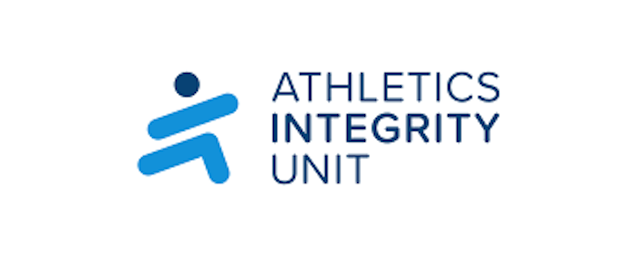The 2024 World Athletics Championships in Tokyo witnessed an unprecedented level of scrutiny regarding anti-doping measures, particularly for athletes from nations deemed high-risk for doping violations. Nigeria, classified as a Category A nation alongside Bahrain, Ethiopia, Kenya, and Ukraine, faced the most stringent testing requirements under World Athletics Rule 15. This classification mandated athletes from these countries to undergo rigorous testing before being permitted to compete in the championships. The Athletics Integrity Unit (AIU) spearheaded this enhanced scrutiny, emphasizing its commitment to upholding the integrity of the sport. Prior to the competition, over 650 tests were conducted at team hotels, with an additional 550 tests administered during the nine-day event at the Japan National Stadium. These samples underwent analysis at a World Anti-Doping Agency (WADA)-accredited laboratory in Tokyo and will be retained for a decade, facilitating potential reanalysis. A significant innovation in this year’s testing regime was the inclusion of all three blood modules of the Athlete Biological Passport: endocrine, haematological, and steroidal, providing a comprehensive overview of an athlete’s biological profile.
The AIU’s intensified focus on Category A nations translated into a substantial testing load for athletes. In the ten months leading up to the championships, over 1,209 tests were conducted on the 145 athletes from these high-risk countries, averaging more than eight tests per athlete. This rigorous testing regime was facilitated by the cooperation of national federations and their respective National Anti-Doping Organizations (NADOs), which prioritized athletics testing in the championship year. The AIU commended this collaborative effort, emphasizing the importance of a unified front in the fight against doping. This approach ensured that athletes representing these nations met the minimum testing requirements for the World Championships, reinforcing the AIU’s commitment to maintaining a level playing field.
For Nigeria’s 15-athlete contingent, this meant each athlete, including prominent names like Tobi Amusan and Ese Brume, underwent at least three no-notice, out-of-competition urine and blood tests in the ten months prior to the championships. These tests, spaced at least three weeks apart, were a prerequisite for participation in Tokyo. The Nigerian team, competing across 11 disciplines, represented a diverse range of athletic talent. The stringent testing reflected World Athletics’ resolve to maintain the sport’s integrity, especially given the backdrop of nine Nigerian athletes currently serving bans for doping violations.
These ongoing bans underscore the challenges facing Nigerian athletics in its efforts to combat doping. Quarter-miler Imaobong Nse Uko, sprinter Stephen Eloji, and Ada Princess Bright are among those serving suspensions for various infractions, including whereabouts failures and positive tests for prohibited substances. The cases range from relatively recent violations to those dating back several years, indicating the persistent nature of the issue. The bans vary in length, some extending well into the future, highlighting the severe consequences of doping violations. The list of banned athletes serves as a stark reminder of the ongoing fight to maintain a clean and fair competitive environment within Nigerian athletics.
The historical context of doping within Nigerian athletics further emphasizes the importance of the AIU’s intensified scrutiny. High-profile cases, such as those involving Blessing Okagbare and Divine Oduduru, have cast a shadow over the nation’s athletic achievements. Okagbare’s 10-year ban, stemming from multiple rule violations, serves as a significant deterrent. Similarly, Oduduru’s six-year ban for possession and attempted use of prohibited substances underscores the severity with which doping offenses are addressed. These prominent cases, along with lifetime bans imposed on Henry Azike and Vivian Chukwuemeka for repeat offenses, highlight the ongoing challenge of eradicating doping within Nigerian athletics and reinforce the need for continued vigilance.
Beyond the testing regime implemented in Tokyo, the AIU also prioritized education and stakeholder engagement as critical components of its anti-doping strategy. The AIU reported record-breaking testing numbers for 2024 and introduced the AIU Call Room, a multilingual hotline offering elite athletes a confidential platform to discuss integrity concerns with trained experts. This initiative aims to provide support and guidance to athletes navigating the complexities of anti-doping regulations. The AIU’s engagement with member federations regarding the ongoing WADA Code Review, coupled with media briefings in Tokyo, demonstrates its commitment to transparency and collaboration in the fight against doping. These educational and outreach efforts complement the rigorous testing regime, fostering a more holistic approach to upholding integrity within the sport.


